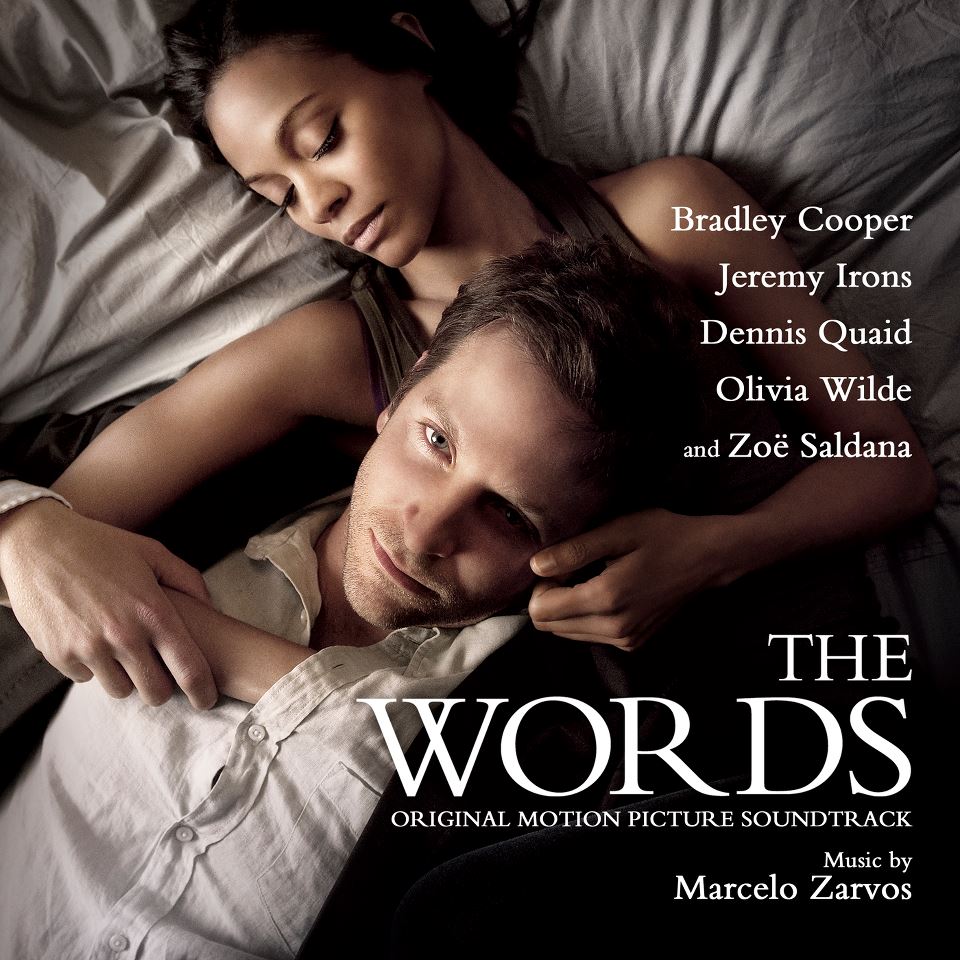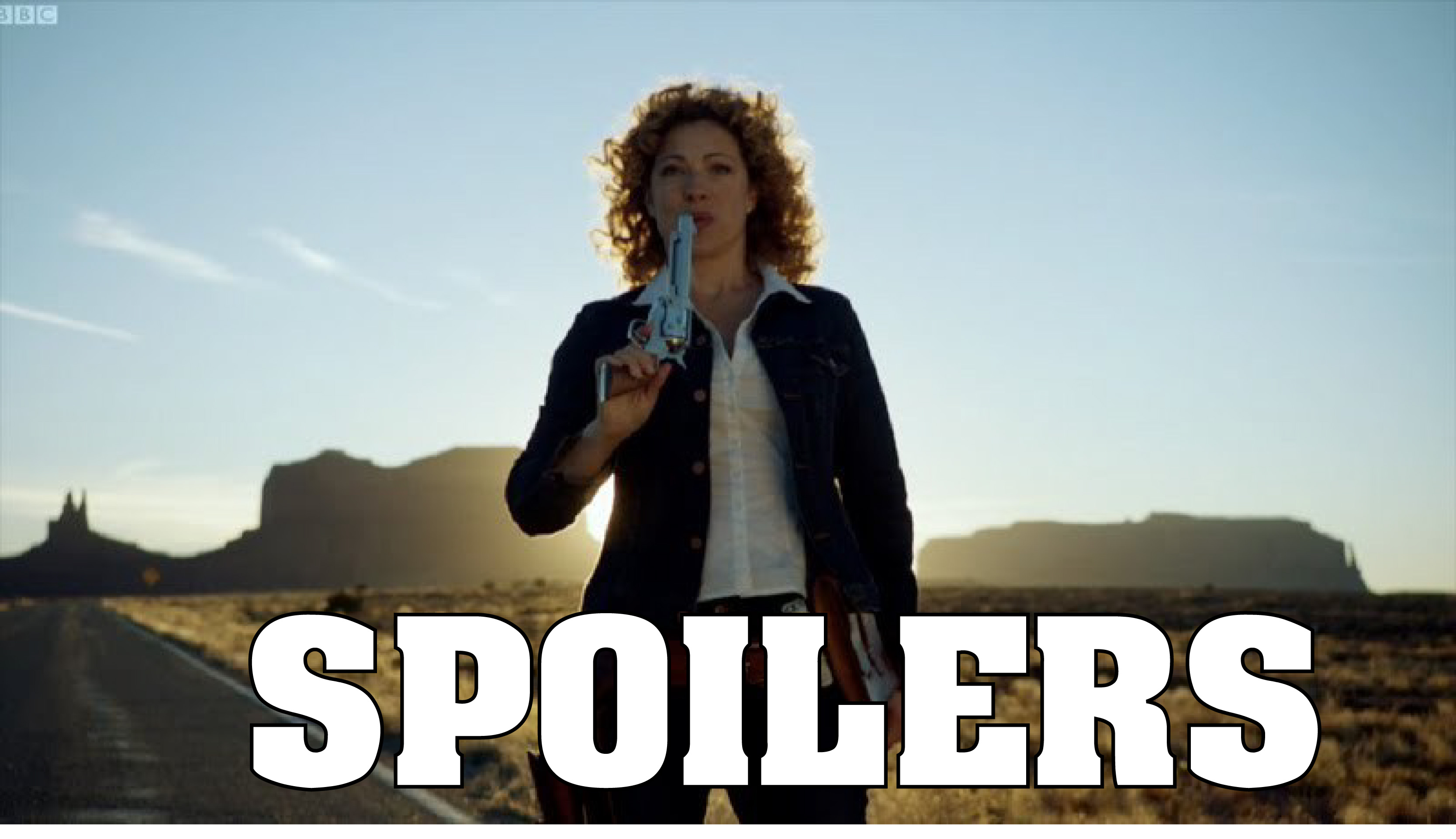Let's get a couple of things straight first:
- I love Jeremy Irons.
- I love Ben Barnes.
- I did not love this movie.
 I wanted to like this movie. Really, I did. As both a teacher and a writer, I was intrigued by the storyline (guy finds long-lost manuscript, publishes it as his own, hilarity ensues). Yeah, except that's not exactly the storyline. Not really. Maybe a tiny bit, like one-third. Dammit, I was told there would be no math!
I wanted to like this movie. Really, I did. As both a teacher and a writer, I was intrigued by the storyline (guy finds long-lost manuscript, publishes it as his own, hilarity ensues). Yeah, except that's not exactly the storyline. Not really. Maybe a tiny bit, like one-third. Dammit, I was told there would be no math!In the long tradition of framed narratives (Wuthering Heights, The Princess Bride), The Words breaks down like this:
- It's a movie about a man who wrote a book
- about a man struggling to write a book who finds a long-lost manuscript
- from a man struggling to write a book who writes a book about his life (see above: "long-lost manuscript")
"What happens in the frames??" you're asking, with all the intensity of Brad Pitt in Se7en. Every fucking writing cliché and trite bit movie-and-novel dialogue, that's what happens. Let's break it down bullet-point style:
- Dad telling Son "that's what it means to be a man" (pardon me while I vomit)
- Young artistic couple honeymooning in Paris (of course)
- A cough indicating that a character is going to die in the next scene
- A cry indicating that at character is going to die in the next scene
- Writers struggling to write for years at a time (and they can only write at night "when the city is finally quiet")
- Other writers "pouring out" their words in an unstoppable two-week stream (when did he eat? or pee??)
I think it's the book part that makes it all so bad. As we move through the different frames, one of the authors is often "narrating" his book (voice over), so he's reading to you these trite pieces of tripe (see what I did there?) that he has supposedly published, so even the description of these pat events is stereotypical and bland. Oh, and yes, it's always a he. All of the writers are he's; the women are relegated to being vaguely muse-like sex objects with tinges of selfishness.
While we're on the subject, let's talk about the women for a minute. Zoe Saldana's character has some of the worst, most selfish lines. As her struggling-writer husband is having one of his many existential crises, she always comes back with "How is that supposed to make me feel?" and "Did you even think about me while you were doing that?" I'm not paraphrasing; those are actual pieces of dialogue. When she's not trying to bring every conversation back to herself, her character is used for various sex/love scenes with struggling-writer-husband, scenes in garages and tiny kitchens which had a very "pottery wheel scene in Ghost" feel about them.
Then there's the French wife, wife of the third-frame husband. Since she's French, she doesn't say much to us. She doesn't even get the benefit of being a selfish wife; she's solely used for sex/love scenes which parallel Zoe Saldana's and Bradley Cooper's sex/love scenes in a move that is supposed to be clever, but just comes across at best as cheesy and, at worst, utterly predictable and cliched.
Then there's Olivia Wilde. Oh, Olivia Wilde. How can anyone not love you? Unfortunately, this script did you no favors. She's an author "groupie," stalking Dennis Quaid. Dennis Quaid's outer frame serves no real purpose in this film, so his storyline is isn't really a storyline, but just some expository details that Olivia Wilde spits out to prove that she "knows" him. At the end, Dennis Quaid is too wrapped up in his own story and engrossed with his own fiction that he (are you ready for this??) turns down sex with Olivia Wilde.
What the fuck kind of movie is this???
Sure it has some good lines, like Jeremy Irons talking about living with pain, or the story he wrote which "some little shit found and published." Dennis Quaid has his own weak epiphany towards the end when he says, "At some point, you have to choose between life and fiction. The two are very close, but they never actually touch." Sorry, Dennis. Normally, I will pick fiction every time, but this movie proved me wrong. If our choices are life or this "fiction" piece of layered crap, I will pick real life. At least my own dialogue doesn't suck as much as this waste of a movie.



No comments:
Post a Comment